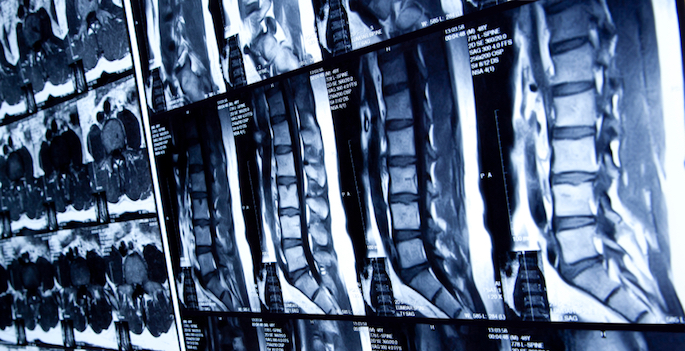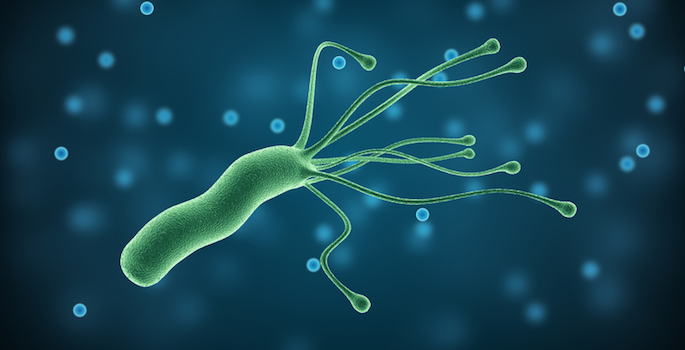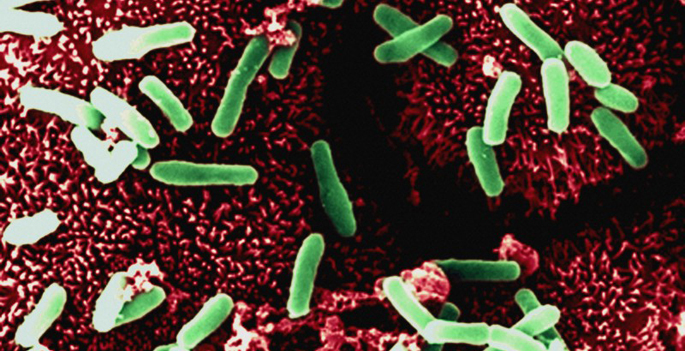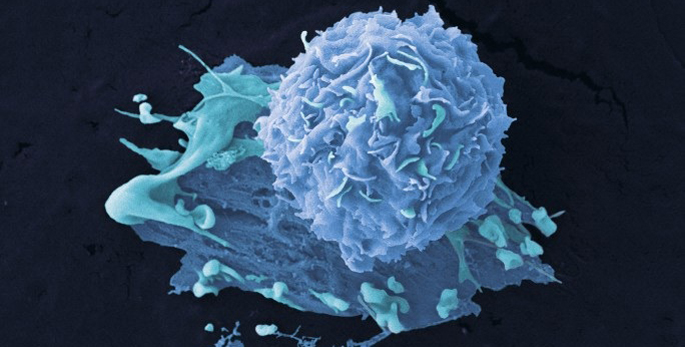Bill Snyder
-

Discovery may point to better treatments for Type 1 diabetes
Researchers have made a paradigm-shifting discovery that could lead to new treatments, better health and longer life for patients with Type 1 diabetes. Read MoreAug 22, 2019
-

REDCap data management tool reaches million user mark
Fifteen years after it was launched, REDCap, Vanderbilt University’s research data management tool, has reached 1 million users throughout the world. Read MoreAug 15, 2019
-

All of Us Research Program Takes Aim at Precision Population Health
Scarcely a year after its national launch, the “All of Us” research program, which aims to accelerate the prevention and treatment of disease, has enrolled more than 230,000 research participants — more than a fifth of its recruitment goal of 1 million people. All Read MoreAug 14, 2019
-

New window on fibrosis
A previously unrecognized role for a cell surface receptor may open new therapeutic options for the treatment of fibrotic diseases. Read MoreAug 8, 2019
-

New role for microtubules in diabetes
Microtubules, part of the cell's cytoskeleton, regulate the secretion of insulin, suggesting that they may be a new target for treating diabetes. Read MoreJul 29, 2019
-

Study ‘ignites’ link between genes and drug response
A national study is seeking to determine whether genetic testing can help physicians choose the best drugs for their patients to relieve pain and depression. Read MoreJul 25, 2019
-

Defective transporter linked to autism
A first-of-its-kind mouse model may help reveal mechanistic underpinnings for the altered behaviors of autism spectrum disorder. Read MoreJul 24, 2019
-

Effort seeks to improve safety of drugs given during pregnancy
A 19-year-old student is leading a multi-institutional collaboration to identify drugs that can be prescribed safely to pregnant women without harming the fetus. Read MoreJul 18, 2019
-

More recovery, less disability focus of new research center
A new research center is aimed at improving patient outcomes and preventing disability after muscle and skeletal injuries and surgery. Read MoreJul 18, 2019
-

Vanderbilt team shows how stomach bug can trigger cancer
Researchers at Vanderbilt University and the University of Michigan in Ann Arbor have obtained the first high-resolution image of a molecular “machine” used by the insidious stomach bug Helicobacter pylori (H. pylori) to inject a cancer-causing protein into the stomach lining. Read MoreJul 11, 2019
-

Vanderbilt vaccine pioneer James Crowe honored with major science prize
James Crowe Jr., MD, director of the Vanderbilt Vaccine Center, will be honored today by the science and technology company Merck KGaA, Darmstadt, Germany for his contributions to developing new therapeutics and vaccines against some of the world’s deadliest viruses. Read MoreJul 9, 2019
-

Study explores treatment options for babies with cataracts
Cataracts are uncommon in babies but when they occur the cloudy lenses must be removed without delay or blindness may result. Read MoreJun 26, 2019
-

Awards honor profound impact of research staff
Laboratory and administrative personnel at Vanderbilt University Medical Center were honored last week for research excellence during the 15th annual Research Staff Awards luncheon at the Kimpton Aertson Hotel in Nashville. Read MoreJun 20, 2019
-

New method tested to block chikungunya infection
Scientists are testing a new way to fight chikungunya virus that involves injecting genetic material into the bodies of infected and at-risk individuals to trigger rapid production of potent, virus-neutralizing antibodies. Read MoreJun 14, 2019
-

Steroid binding to metabolic enzyme
Understanding how a steroid-metabolizing enzyme binds to its substrates may aid in designing drugs to treat sexual dysfunction as well as prostate cancer. Read MoreJun 12, 2019
-

VUMC joins international effort to speed vaccine development
VUMC has joined an international effort to streamline and accelerate development of vaccines and other treatments against a growing worldwide surge of deadly and debilitating viral infections. Read MoreJun 6, 2019
-

Scavengers “protect” HDL
Lipid molecules that bind to HDL can modify its function — and blocking that modification can protect HDL and potentially lower the risk of atherosclerosis and heart disease. Read MoreJun 29, 2018
-

Ikizler to succeed Harris as Nephrology and Hypertension director
T. Alp Ikizler, MD, an internationally known expert on the nutritional and metabolic aspects of kidney disease, will succeed Raymond Harris, MD, as director of the Department of Medicine’s Division of Nephrology and Hypertension in the Vanderbilt University School of Medicine effective July 1. Read MoreJun 28, 2018
-

Team identifies new gene candidates for breast cancer risk
An international coalition led by scientists at Vanderbilt University Medical Center and the QIMR Berghofer Medical Research Institute in Herston, Australia, has identified 48 candidate susceptibility genes for breast cancer risk, including 14 genes at loci (chromosome regions) not yet reported for breast cancer. Read MoreJun 28, 2018
-

Roden’s circulatory diseases research honored
Vanderbilt University’s Dan Roden, MD, internationally known for his contributions to understanding how genetic variation affects drug response, has been named a recipient of the 2018 Louis and Artur Lucian Award for Research in Circulatory Diseases by McGill University in Montreal, Canada. Read MoreJun 21, 2018